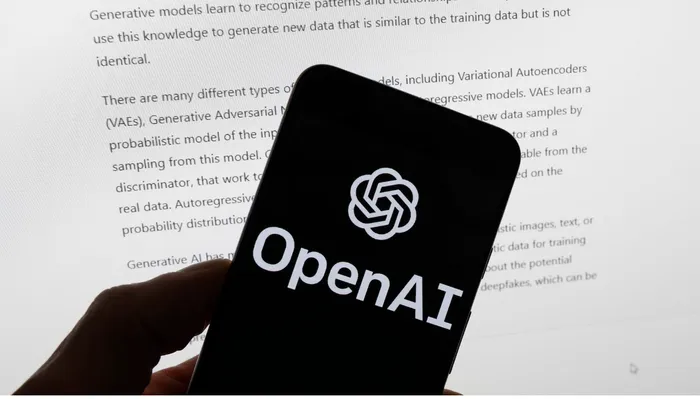UCT ends use of AI detection tools for student assessments

Students at UCT welcome the university's move to discontinue unreliable AI detection tools.
Image: AP Photo/Michael Dwyer, File
In a move likely to be welcomed by students, the University of Cape Town (UCT) has announced that it will discontinue the use of AI detection tools, such as Turnitin’s AI Score, effective October 1.
The decision follows the endorsement of UCT’s AI in Education Framework by the Senate Teaching and Learning Committee in June.
According to the university, the framework prioritises ethical AI literacy, assessment integrity, and innovative curriculum design over reliance on automated surveillance tools.
The university's Deputy Vice-Chancellor for Teaching and Learning, Professor Brandon Collier-Reed, raised concerns regarding the reliability of AI detection tools, noting that they are widely considered to be unreliable and can produce both false positives and false negatives.
"An important related issue is the use of the Turnitin AI Score, which flags passages of writing in student work considered to be AI-generated," Reed said in a communique directed to students and staff.
"AI detection tools are widely considered to be unreliable, and can produce both false positives and false negatives.
"The continued use of such scores risks compromising student trust and academic fairness. The Senate Teaching and Learning Committee has now agreed that use of the AI Score should be discontinued, and this feature in Turnitin will no longer be available at UCT from October 1, 2025".
The university’s decision comes amid global challenges with AI detection tools, which have frequently resulted in students being mistakenly accused of using AI-generated content.
Universities worldwide are being forced to reconsider how they monitor and assess the use of AI in student work.
Collier-Reed added that the endorsement of the framework was a result of UCT moving with the times, as “artificial intelligence technologies are becoming part of our daily lives”.
“Staff and students are using tools such as ChatGPT, Claude and Gemini in innovative and productive ways; while at other times these technologies present significant challenges, requiring us to rethink teaching pedagogies, assessment practices and the fundamentals of what a university experience should be, and what our qualifications should signify in a changing world,” he said.
Get your news on the go, click here to join the Cape Argus News WhatsApp channel.
Cape Argus
Related Topics: